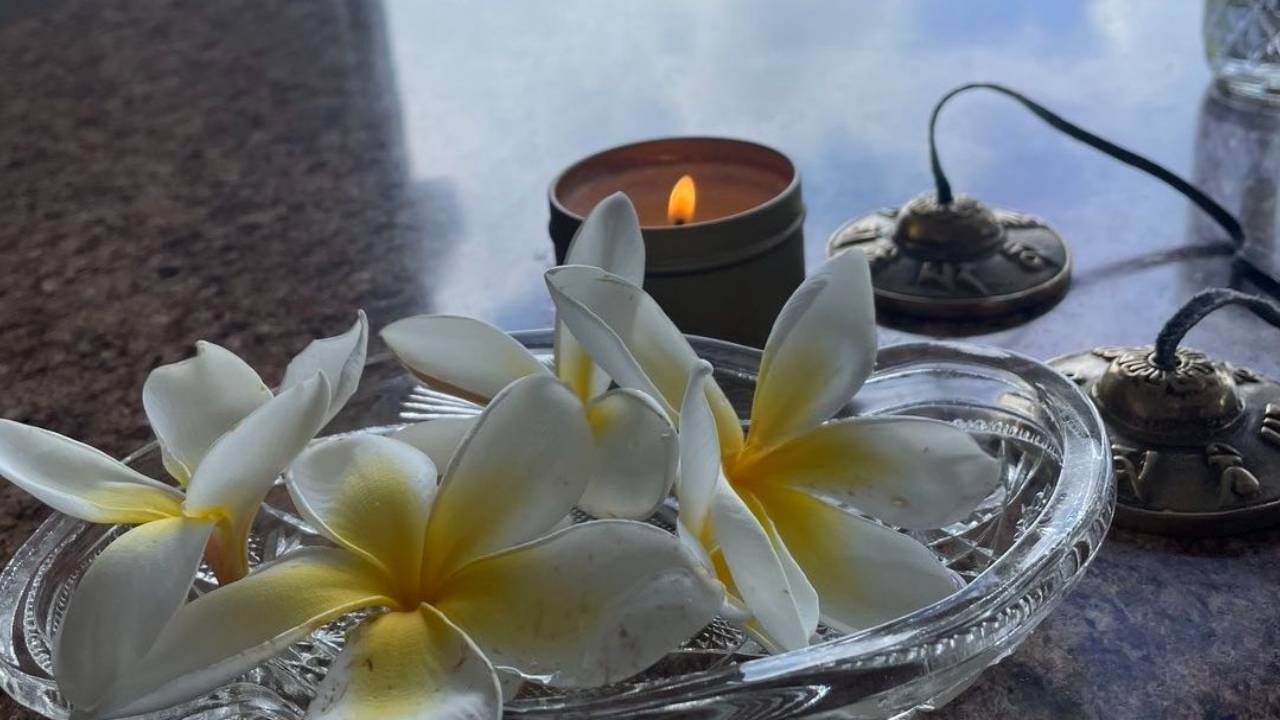"Did Not See This Coming"
Jun 02, 2023
When I lost my client who had cancer, the shock I experienced was very jarring.
"That's how the family must feel every time", I thought to myself. This week's podcast is meant to help you.
Here are some tools to manage your mind around the denial that may come to you around death and dying.
Dealing with the impending death of a loved one or facing our own mortality can be an extremely challenging and emotional experience. Denial is a common coping mechanism that helps us protect ourselves from the overwhelming pain and grief associated with death. However, it is important to acknowledge and accept the reality of the situation in order to begin the process of healing and finding closure. Here are some suggestions to help you navigate the emotions and avoid denial during this difficult time:
-
Educate yourself: Understanding the physical and emotional aspects of death can help you come to terms with the reality. Learn about the medical condition or circumstances surrounding the impending death. This knowledge can help you process the situation more rationally.
-
Seek support: Surround yourself with a supportive network of family, friends, or professionals who can provide comfort and understanding. Sharing your feelings and fears with others who have experienced loss can help you face the reality of death and process your emotions.
-
Express your emotions: Give yourself permission to experience a wide range of emotions, including sadness, anger, fear, and even denial. It's natural to have mixed feelings during such a challenging time. Find healthy ways to express your emotions, such as talking to a trusted confidant, writing in a journal, or engaging in creative outlets like art or music.
-
Practice mindfulness and self-care: Take care of your physical and mental well-being. Engage in activities that bring you joy, provide relaxation, or help you feel grounded. Practice mindfulness techniques, such as deep breathing or meditation, to help you stay present and process your emotions without judgment.
-
Communicate openly: Have honest conversations with your loved one or with yourself about death and the feelings it evokes. Express your love, gratitude, and any unresolved issues. Open and compassionate communication can help create a space for acceptance and healing.
-
Seek professional help if needed: If you find yourself struggling to cope with the impending death or experiencing prolonged denial, consider reaching out to a therapist or grief counselor. They can provide guidance, support, and tools to help you navigate this difficult process.
Remember, everyone grieves differently, and there is no right or wrong way to feel or process death. It's okay to take your time and be patient with yourself. Allow yourself to grieve, and over time, you will find your own path towards acceptance and healing.
Do you want me to help you get your act together?!
As a palliative care physician, let me offer you the gift of perspective. As a mindfulness teacher, let me offer you the acceptance of what your life is offering you today. As a certified life coach, let me share with you the tools to get you out of your own way to have the best life you can imagine starting today.
Do you want to live a more "Intentional Life"?
Stay connected with my newsletter, join free webinars, workshops and so much more.
Join our mailing list to receive free yoga retreat and options to join our tribe.
Don't worry, your information will not be shared.
We hate SPAM. We will never sell your information, for any reason.

